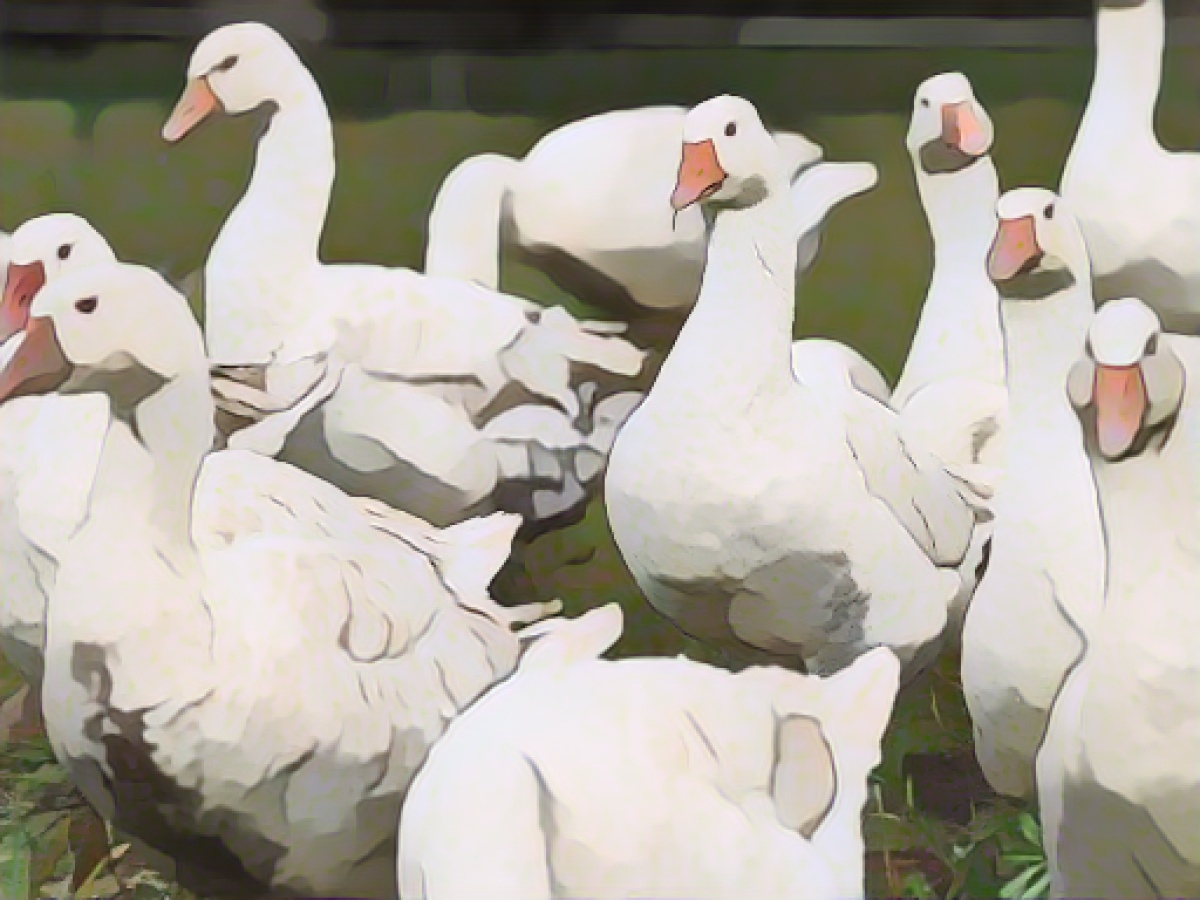The goose dinner is getting more expensive
Anyone going to a restaurant for a Christmas goose dinner will have to dig deeper into their pockets this year than before. As the gastronomy industry association Dehoga announced on Monday, referring to a survey of 117 restaurants, around one in two restaurants will increase their roast goose prices by up to ten percent. 17 percent have even increased the price of their dishes by up to twenty percent, while nine percent have lowered their prices. A classic goose dish (breast or leg with side dishes) costs between 25 and 35 euros in most restaurants, while a whole goose with side dishes costs up to 150 euros.
"Despite the sharp rise in costs again this year, the industry is adjusting prices as moderately as possible," says Patrick Rothkopf, President of Dehoga North Rhine-Westphalia. "On the one hand, we are aware of the cost sensitivity of guests and, on the other, we are under immense cost pressure." The catering industry did poor business in times of coronavirus, after which high inflation ensured that the situation in the sector remained tense.
To support the ailing industry, the federal government reduced VAT in mid-2020 and later extended this relief; this regulation, which applies to food, expires at the end of 2023. At the beginning of next year, food eaten in restaurants will once again be subject to 19% VAT. Currently it is 7 percent.
Dehoga has long been calling for the reduced VAT rate on food to be retained. "In the current situation with inflationary burdens for our businesses and guests, the tax increase plus further inflation costs would stifle sales across the board because acceptance of increased prices will decrease significantly," says industry representative Rothkopf. In recent years, the 7 percent tax on food has been an effective means of at least partially cushioning the increased price pressure.
If the VAT reduction actually expires at the turn of the year, North Rhine-Westphalia's gastronomy sector is expecting a price increase of a further 15 percent on its goose dinners next year. This includes not only the consequences of the higher tax, but also inflation.
The escalating prices in the hospitality industry, including goose dinners, are a concern for consumers due to the moderate price adjustments made by restaurants. Driven by rising costs and cost sensitivity of guests, the hospitality industry, such as Dehoga, is advocating for the retained VAT rate on food to alleviate further price increases.
Source: www.dpa.com








